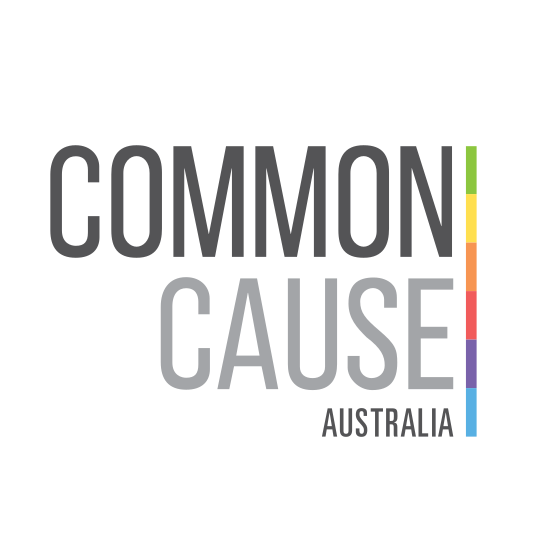Humans are kinder than you think - Lord of the Flies was wrong
At Common Cause, we’re fascinated by what motivates people — and what this means for social change. In this post, we explore pluralistic ignorance, a social phenomenon that reveals how we often misjudge others’ values and actions.
What is pluralistic ignorance?
Have you ever stayed quiet in a meeting when you wanted to ask a question, because you thought everyone else knew the answer? If everyone else stayed quiet too because they thought the same thing, then that’s an example of pluralistic ignorance – people mistakenly assuming that others in the group think or do very different things to themselves.
This can take two forms:
· A minority opinion is mistakenly seen as the majority view; or
· A majority opinion is wrongly believed to be held by a minority.
The brilliant Perceptions Matter research by our sister organisation Common Cause Foundation in the UK illustrates the latter. Most people do care about people and planet, but assume they’re in the minority. They hugely underestimate the extent to which their fellow citizens prioritise intrinsic values such as equality, justice, and unity with nature. The cause of this “values perception gap” has been traced, in part, to mainstream media, with its bias towards conflict and outrage. We’re much more likely to hear about the one person in 1000 who did something really bad, than the 999 of us who didn’t. Unfortunately, the story of that one person can wrongly colour our perception of human nature in general.
Why does it matter?
Here's one of many examples: 89% of people around the world want their national governments to do more to respond to the climate crisis, but wrongly believe only a minority share their views. When people think their opinions are unpopular, they’re often less likely to express those thoughts to others — which can create a “spiral of silence”. In turn, policymakers hugely underestimate levels of public support, slowing progress on crucial issues.
Pluralistic ignorance helps explain why shifting private attitudes, for example about racism, masculinity, gender equality, education and alcohol, are not always accompanied by shifting social norms and action. Social action in response to widely felt collective concerns will be held back if people do not believe their concern is shared by others. The group must recognise that its attitudes have changed.
In short, when we think we’re amongst only a few who care about people and planet, it makes us less inclined to get involved in our local community or to lend support to social causes. This makes perfect sense: if only a few people care, nothing is going to change, so what’s the point in trying?
How can we overcome pluralistic ignorance?
1. Reconsider your assumptions about human nature
Start by questioning your own assumptions about what makes people tick. Encourage others to do the same by grounding your comms in an assumption that humans care, and showcasing examples.
We can take a leaf out of Rutger Bregman’s superb book Humankind. By walking us through a real life Lord of the Flies situation and many other examples, it shows humans are generally more collaborative and helpful than selfish or sadistic.
2. Take the guesswork out
Have real conversations outside social media. Rather than guessing people’s views, spark up a conversation with friends, family, work colleagues, neighbours and dog park buddies to explore their views.
You might find, as social researchers have, that many people care about social causes but don’t believe they can make a difference, a misperception that hinders action. By sharing a few tangible examples of the power of collective action, you can help set up a self-fulfilling prophecy: showing that people do care and do make a difference can help create new norms and encourage others to get involved.
3. Speak up
Speaking up about our own views can influence others’ perceptions of norms and expectations. Just as the story of one person’s wrongdoings can shape public perceptions, so too can one person’s compelling account of why they care about a social cause. For example, just one vegan speaking up in a college dorm can shift others’ eating practices.
Be a good ally – speak up if it’s safer for you than for others to do so.
- - - - - - - - -
Want to have more productive conversations about things that matter?
Come along to our Conversations workshop – it’s designed to help you connect, find common ground and spark change.

